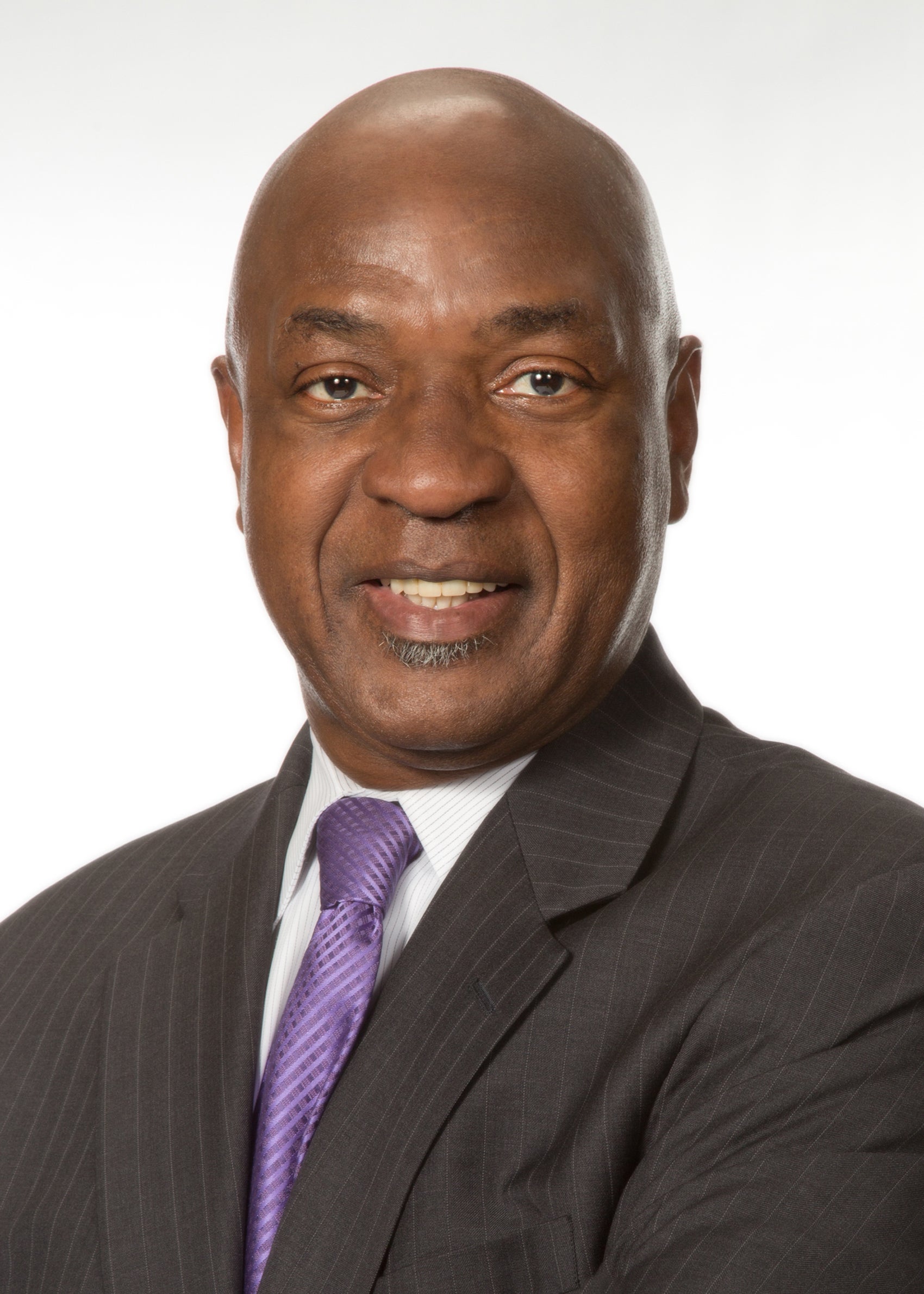The following op-ed, A day for the history books , written by Harvard Law School Professor Charles Ogletree ’78 , was published in the Boston Globe on October 24, 2007.
Today marks not just the beginning of the World Series, but a triumphant day for humanity and racial justice in the nation and the world.
Sixty-two years ago, the United Nations adopted its charter, aspiring to “(reaffirm) faith in fundamental human rights, in the dignity and worth of the human person, in the equal rights of men and women and of nations large and small.”
Then, 50 years ago, the US Supreme Court ruled in Cooper v. Aaron that, notwithstanding local resistance, the United States would allow nine black children to receive the benefits of the Brown v. Board of Education decision of three years earlier.
Our federal troops went on to escort the black children, known as the Little Rock Nine, into Central High School. White parents taunted and swore. Fellow citizens hurled racial epithets. The dignified, determined teenagers withstood the racial hatred. They graduated from high school. They enjoyed successful careers and rewarding family lives. We are lucky to have them here in Massachusetts today.
Tonight, the Little Rock Nine will be honored at Faneuil Hall. Mayor Menino, Governor Patrick, and others will recognize these men and women for their courage to walk proud past racism and claim the education they deserved.
Locally, though, so many eyes will be fixed not only on the Little Rock Nine, but on the Boston Red Sox. Fifty years ago, the Sox fielded a team without a single African-American player. The Red Sox were, in fact, the last team to integrate and did not add an African-American until 1959. Tonight, the Red Sox have one of the most racially, ethnically, and linguistically diverse lineups in the team’s history. Mike Lowell’s parents were born in Cuba. Jacoby Ellsbury is the first Native American of Navajo descent in the majors. Julio Lugo, Manny Ramirez, and David Ortiz were all born in the Dominican Republic. Coco Crisp is African-American.
Tonight the World Series opens in a state that elected Deval Patrick, the nation’s second popularly elected African-American governor. Boston’s school superintendent is an African-American woman.
As we celebrate the signs of progress, let us not forget our remaining challenges.
The Children’s Defense Fund reported that in 2004, 2,845 children and teens died from guns. This is more than the number of US military deaths between 2003 and 2006 in Iraq and Afghanistan. Black juveniles, the Defense Fund continues, are four times more likely than their white peers to be incarcerated.
When Central High integrated in 1957, Boston, our nation’s oldest public school system, did not eagerly embrace integration. By 1960, about 80 percent of blacks in Boston attended public elementary schools in which blacks constituted a majority. Today, Central High School’s population is 70 percent students of color. In Boston today, the city’s schools are 86 percent students of color. White families had been leaving Boston since after World War II, but desegregation surely hastened white flight.
And today, in Boston, violence is resurging. The city’s high school dropout rates remain staggeringly high, with only a little more than half of black and Latino youngsters finishing school on time. Schools and communities in the metro area are astonishingly segregated by race and income, even as the state, overall, grows more diverse. The state’s incarceration rates point to the need for better job and educational opportunities for people of color. African-Americans make up 5.4 percent of the state population, but 26 percent of the incarcerated population. For Latinos, the figures are 6 percent and 26 percent. So, as we celebrate the achievement of our diverse Red Sox, herald the courage of the Little Rock Nine, and take pride in our African-American governor, we must acknowledge how elusive true equal opportunity has been.
On this Oct. 24, we find ourselves living with contradictions. Let us make this date another one for the history books – the day we commit to parlay progress into something even grander: safer streets, a criminal justice system devoid of discrimination, fairer housing policies, and more meaningful opportunities for young people to learn and work.
Charles J. Ogletree Jr. is executive director of the Charles Hamilton Houston Institute for Race and Justice at Harvard Law School.
